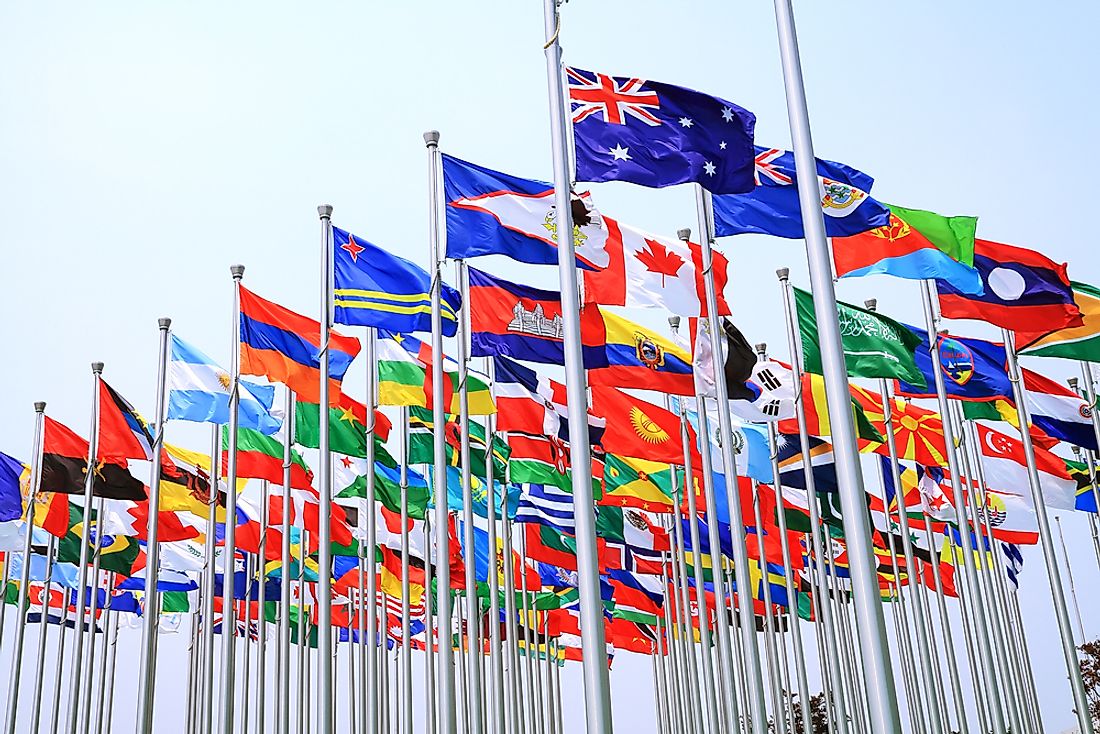
The British owe India reparations-for the Bengal Famine, for Jallianwala Bagh, for uncountable cruelties, for the theft and pillage of India’s wealth and assets. Is there not a contradiction between that and a one-day national mourning for the Queen? 2022 calls for all of us to think more deeply.Įrasing imperialist symbols is what drove the government’s decision to rename Delhi’s Rajpath to Kartavyapath. As a young reporter I have received a Commonwealth media award without thinking much beyond the joy of winning it. Amitav Ghosh, for instance, withdrew his novel from the Commonwealth Literature Prize in 2001 because he would not agree to have The Glass Palace be qualified as ‘Commonwealth literature’. There have been eminent individuals who have called out continued subliminal imperialism of the entity. But that does not erase the problematic symbolism that defines it. Countries can and do participate as equals.

Yes, of course, the Commonwealth may not operate today as a British forum. But even Ireland quit the British Commonwealth as early as 1949. We may not pay much attention to this inconvenient truth as we cheer on our athletes at the Commonwealth Games. Unlike other alignments of countries, there is nothing that binds the 54-member Commonwealth except for the shared past of British colonisation. In 2021, Barbados did what India did decades ago it parted ways with the Queen but continued to be a Commonwealth nation.Įven if there were once compelling pragmatic reasons for a young nation to maintain a close relationship with the UK and hence the Commonwealth membership was purely tactical, how can we continue justifying the membership of a group rooted in the history of the empire?

Ironically, the same Nehru who had vehemently made the case for being a republic-unlike Canada, New Zealand and Australia that till this day remain dominions of the British Empire-also advocated in 1949 for India to remain a part of the Commonwealth.


 0 kommentar(er)
0 kommentar(er)
